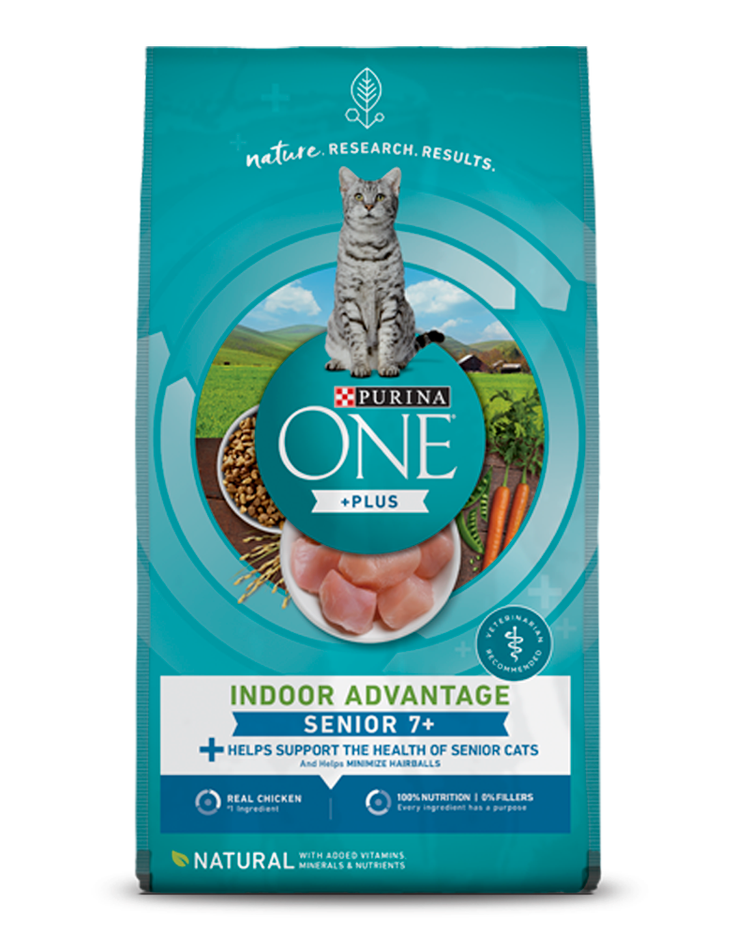If you have a feline companion or you’re thinking of getting one, you may be wondering how long do cats live? Domesticated cats can live long lives but their life span depends on many different factors.
For example, a cat’s breed and whether they spend time primarily indoors or outdoors can impact life expectancy. Lifestyle, diet and exercise can also make a difference.
Thanks to continuing advances in veterinary medicine and science, cat life expectancy has increased, making it possible for felines to stay healthy and happy for longer.
Read on to find out how long indoor and outdoor cats can live, how long certain breeds may live, and how to maintain or increase your cat’s life expectancy.
How Long Do Cats Live?
On average, domesticated cats live between 13 to 17 years. Keep in mind this is a broad estimate as each cat is unique.
Outdoor cats love to explore. Unfortunately, this does come with risks. Cats who spend most of their lives outside and are largely unsupervised have a life expectancy of 2 to 5 years.
Outdoor cats are more likely to get stolen, lost, eat something harmful (like poisonous plants) and get into fights with other cats. Not to mention, being an outdoor cat means that cars are a risk.
To reduce these risks, try to keep your adventurous feline indoors at higher risk times, such as after dark.
How Long Do Cats Live Indoors?
Indoor cats spend most of their lives inside our homes. An indoor lifestyle may suit some cats and be reassuring for owners who enjoy knowing their pets are warm, comfortable and safe.
Indoor cats encounter fewer hazards, with no cars to avoid and no territory to fight over, among other things. This helps explain their longer life expectancy.
Cat Breed Life Expectancies
While cats live between 13 to 17 years of age on average, their lifespan is affected by several factors, including genetics. For example, the lifespan of a Maine Coon is 10 to 13 years, while a Savannah cat is known to live up to 20 years.
How to Increase Your Cat’s Life Expectancy
There is no guaranteed way to extend your cat’s life expectancy. However, with attentive care, you can increase their chances of living a long, full life.
Here are some ways to help maintain or increase your cat’s life expectancy:
- Vaccinations. Stay up to date on your pet’s vaccinations to protect them from disease and illness.
- Regular veterinary checks. Have your cat checked by your veterinarian at least once a year, and any time you think they may have a health issue.
- A healthy diet. A complete and balanced diet gives your cat the nutrition they need to keep them fit and healthy.
- Limit unsupervised time outdoors. Outside the home, cats are vulnerable to threats.
- Microchipping. If your feline gets lost, microchipping them increases your chances of being reunited.
- Exercise. Regular cat exercise has many short- and long-term health benefits.
- Mental stimulation. Making sure your cat is mentally sharp is important, especially as they age.
Your cat’s life expectancy may not be the most fun topic to contemplate, but it’s important to consider what may happen to them in the future—and when. The good news is with proper care (and lots of love), you can improve your pet’s chances of staying healthy for years to come.
For more feline health tips, check out our cat health articles for advice from our experts.

Be Rewarded for Your Purina Purchases
Earn and redeem points for Purina products with myPurina app.






